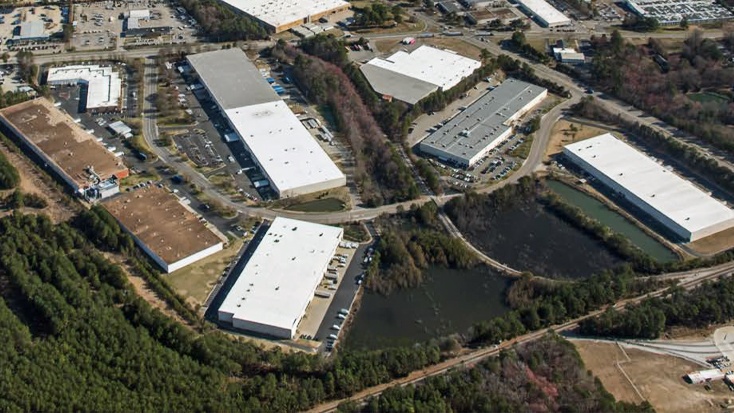L
endingClub's $74.5 million purchase of 88 Kearny St. is a result of fortunate timing, according to CEO Scott Sanborn. The expiration of their lease coincided with historically low commercial real estate pricing in San Francisco. Rather than sign another lease, the company seized the opportunity to own prime real estate at a similar price.
Buying rather than renting allows LendingClub to list its new offices as an asset on its balance sheet, rather than a recurring expense. As a publicly traded bank, they can also borrow at more favorable rates than traditional real estate operators. The idea is that once office demand and rents start climbing again, the company can retain those gains as property owner and landlord.
This phenomenon of companies buying properties to occupy them as their local headquarters is called an "owner-user." It's not unique to down cycles; in 2012, Dolby Laboratories purchased a building for more than double its original price. However, with many properties trading at significantly lower prices than their peak values, more owner-users are likely to emerge.
Kyle Kovac of CBRE notes that sellers have realistic expectations about pricing now, unlike during the pandemic when they were holding out for better returns. This has attracted a range of buyers, including nonprofits like the Community Arts Stabilization Trust and KALW Public Media, which purchased the historic Warfield Building for $7.3 million to turn it into an arts hub.
Other companies are also taking advantage of the buyer's market. Empire Records bought 1 Montgomery St. in January for around $20 million, planning to transform the space into event and office space. German venture capital firm, however, hopes to convert a vacant tower into a "vertical village" featuring co-living floors and offices.
Local developers are also finding creative ways to acquire properties. Chris Freise of Redco Development purchased two buildings with the help of tenants who invested in the sale. These tenants get a cut of the building's income each year, creating a win-win situation for both parties.
However, bargain opportunities may be closing as institutional investors like Blackstone and DivcoWest are now entering the market, paying top-dollar for San Francisco offices. A partnership between Flynn Properties and a New York-based investment group is expected to close on the Market Center complex soon, marking another significant sale in the city's office market.













